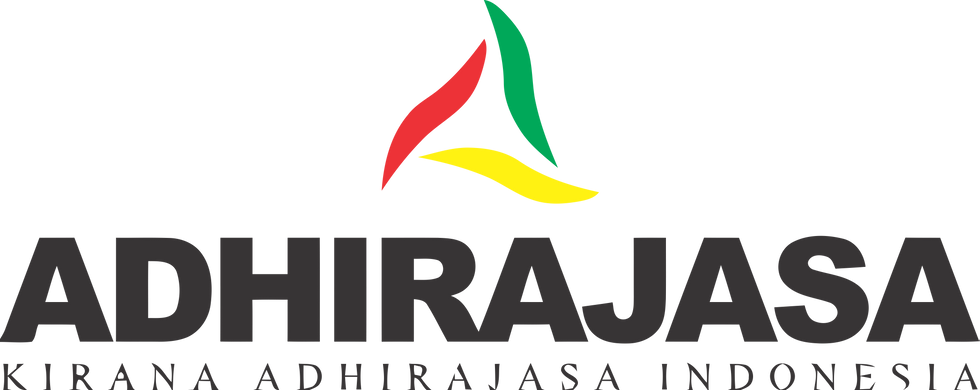The Threat of High Operational Costs for Hotel Businesses.

The hotel industry is one of the important economic sectors in Indonesia. It plays an important role in supporting tourism and the national economy. However, the hotel industry also faces various challenges, one of which is high operational costs.
Operational costs are the costs incurred by a hotel to operate its business, such as employee salaries, electricity costs, water costs, raw material costs, and maintenance costs. Operational costs can be affected by various factors, such as the location of the hotel, the size of the hotel, and the type of hotel.
Increased operational costs can be a threat to the hotel business. This is because high operational costs can cause the hotel business to suffer losses and even go bankrupt.
Following are some factors that can cause hotel operational costs to increase:
Increased raw material and goods prices
Increased minimum wage
Increased electricity and water tariffs
Increased maintenance costs
Intense competition
Increased operational costs can have negative impacts on the hotel business, such as:
Decreasing profitability
Increasing room rates
Decreasing service quality
Increased risk of bankruptcy
To overcome the challenges of high operational costs, hotel businesses can make various efforts, such as:
Efficient cost management
Diversifying revenue
Making innovations
Efficient Operational Cost for Hotel Management
One way to overcome high operational costs is by efficient cost management. Efficient cost management can be done in various ways, such as:
Optimizing resource utilization
Negotiating with suppliers
Using technology to improve efficiency
Revenue Diversification
Revenue diversification can help hotel businesses to reduce their dependence on one source of income only. Hotel businesses can diversify their revenue by developing various products and services, such as restaurants, spas, and meeting rooms.
Hotel Industry Trends and Their Implications for Hotel Operating Costs
Trends in the hotel industry that lead to improved guest service and comfort can cause hotel operating costs to rise. For example, the trend of using technology in hotel service can increase hotel investment and operating costs.
Here are some hotel industry trends that can affect hotel operating costs:
Digitalization Trend
The digitalization trend has spread to various industries, including the hotel industry. This trend encourages hotels to use digital technology to improve guest service and comfort. Digital technologies that can be used by hotels include:
Hotel management system (PMS)
Online reservation system
Mobile application
The use of digital technology in hotel service can increase hotel investment and operating costs. For example, the cost of investing in hotel management systems and mobile applications, as well as the cost of operating and developing such technologies.
Sustainability Trend
The sustainability trend is also a concern for the hotel industry. Hotels are required to implement environmentally friendly practices. Sustainable practices that can be implemented by hotels include:
Energy and water conservation
Use of environmentally friendly raw materials
Recycling and composting
The implementation of sustainable practices can increase hotel operating costs. For example, the cost of investing in energy-efficient and water-efficient equipment, as well as the cost of waste management.
Personalization Trend
The personalization trend is also a growing trend in the hotel industry. Hotels are required to provide service that is tailored to the needs and desires of each guest. To meet this trend, hotels need to use data and technology to understand the needs and desires of guests.
The use of data and technology for personalization of service can increase hotel operating costs. For example, the cost of investing in devices and software for data analysis, as well as the cost of data management and development of personalization applications.
Hotel businesses need to monitor hotel industry trends and adjust their strategies to address the challenge of high operating costs. Hotel businesses also need to innovate to develop products and services that meet the needs of guests and hotel industry trends.
Examples of Hotel Business Strategies for Addressing High Operating Costs
Here are some examples of hotel business strategies for addressing high operating costs:
Efficiency of costs
Hotel businesses can reduce costs in a variety of ways, such as:
Optimizing the use of resources
Negotiating with suppliers
Using technology to improve efficiency
For example, a hotel business can negotiate with suppliers to get a better price, or use technology to monitor energy and water usage.
Diversification of income
Diversification of income can help hotel businesses to reduce their dependence on a single source of income. Hotel businesses can diversify their income by developing various products and services, such as restaurants, spas, and meeting rooms.
For example, a hotel business can develop a restaurant that serves local food, or offer attractive spa packages.
Innovation
Innovation can help hotel businesses to improve efficiency and productivity. Hotel businesses can innovate by developing new products and services, or by using new technologies.
For example, a hotel business can develop a mobile application that makes it easy for guests to make reservations and check in.
By implementing the right strategies, hotel businesses can overcome the challenge of high operating costs and maintain profitability.
Innovation can help hotel businesses to improve efficiency and productivity. Hotel businesses can innovate by developing new products and services, or by using new technologies.
Hotel industry trends can also affect hotel operating costs. Hotel industry trends that lead to improved guest service and comfort can cause hotel operating costs to rise. For example, the trend of using technology in hotel service can increase hotel investment and operating costs.
Hotel businesses need to monitor hotel industry trends and adjust their strategies to address the challenge of high operating costs. Hotel businesses also need to innovate to develop products and services that meet the needs of guests.
More information:
Tourism Business Consultant Info:
(Admin) (+62)821 3700 0107
Read also: Explore the Must-Visit Culinary Destinations in Indonesia for 2024, Tips for ISO 9001 Certification: Easy Pass Tips
Tag :ls bmwi, lsppiu, jttc, jana dharma indonesia








Comentários